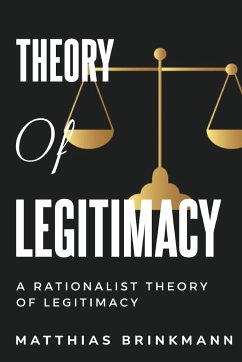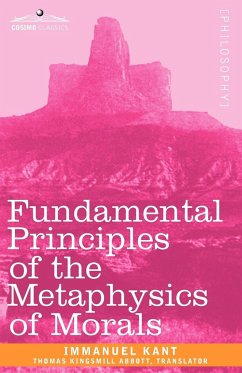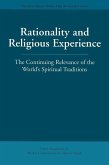Almost everyone is ruled. That is, we are subject to political institutions which coerce, threaten, nudge, order, adjudicate, command, advise, demand, oer, take, redistribute, and influence us in uncountably many ways. Few if any other institutions shape our lives in the fundamental way political institutions do. This raises the natural question of what, if anything, can justify this kind of impact. Answering this question is one of the main tasks of a theory of political legitimacy,1 the contours of which I aim to provide in this thesis. My search for such a theory does not start from scratch, however. It is informed by four background commitments, or starting points: a moral theory which includes rights, and is focussed on the moral status of individuals; a rejection of anarchism-in other words, the intuition that something more than minimal political institutions can be legitimate; a belief that democratic and public justification theories of legitimacy fail; and lastly, the view that we have no general duty to obey the law.








